 My third grade daughter and I watched Big Hero 6 a lot over the snow days and in today's interview for our district IT videocast, I compared the headset our students use in our media center MakerSpace (photo above) to a similar controller on Hiro in the movie. It got me thinking about how Big Hero Six is a perfect maker movie to capture our students' imaginations and inspire them to create their own projects in school maker spaces. The boy Hiro and his brother Tadashi are both makers. Sure, the "nerdlab" is pretty futuristic, but watching Hiro invent, have false starts, use a 3D printer and scanner, use a controller, hack existing designs, code, and, above all, decide to love school instead of reject what it has to offer, sends the perfect message to budding makers in schools everywhere. The movie illustrates maker concepts such as design thinking, critical thinking, growth mindset, positive hacking to create a better world, and above all a maker attitude and ethos. If you haven't done so yet, consider how to infuse maker ed into your class or school today. Here are 5 easy steps to start a makerspace from scratch in any school and Here is how to introduce a maker-friendly project in your classroom. You can always start with a clip from Big Hero Six to set the stage. Recommended Reading: Gizmodo article showing the real life scientific inspiration for the movie and IO9 article about the show's science and artistic inspiration to connnect to your STEM plus arts or STEAM curricula Recommended Viewing: RELATED POST- Genius Hour lends itself well to schools that have maker spaces: Here is ours called Love of Learning
http://piedmontpd.weebly.com/celebrating-piedmont/love-of-learning-at-piedmont
0 Comments
Each of us together makes Piedmont work - this post is about us respecting the contribution of each of the different styles, we are like different chefs. 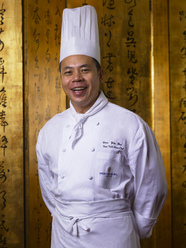 Here at Piedmont we are pretty awesome at sharing the load according to our own passions and what we are each best at. For example, I just ended an awkward sentence with a preposition and now someone from the ELA department will offer to help me edit future blog posts next time they stop in for a chocolate. ) There is something magical about watching an artist at work and that is exactly what I do around here daily -watch and marvel at your diverse artistry. I watch as you plan, haggle, teach, interact with students, direct traffic, handle medical emergencies, complete paperwork, etc. and sometimes it is the same person on the same day doing each of these with aplomb! We all have our gifts and rather than be a cookie-cutter school, we shape the menu by contributing our best dishes to the table of education. 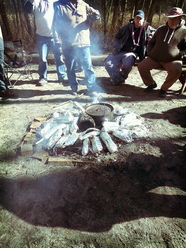 We are all like chefs in teaching. We are trained in our techniques and we all need each other for a well-balanced meal/school but we should not judge one chef's work as good an another's as bad based only on our tastes or cooking philosophy. If we waste precious energy judging the sushi chef-saying "how can they be so lazy not to fire up an oven? they serve raw food!" then we are missing their gift entirely (and also being disrespectful of their training- do YOU know how to remove puffer poision? I didn't think so.) What about the fry cook? Don't blame them that they are not serving molecular gastronomy when if you were in their situation you have no idea how soggy your fries would be. You may think fries aren't very important in the big scheme of things, but have you ever had soggy fries? It is sorely disappointing, my friend. You might think I've gone too far with this cooking metaphor, but we are like that here a little bit. We form teams by grade, by content area, by early riser versus rolling in at 8:30 we all JUST A LITTE BIT judge each other sometimes and we need to stop and appreciate. That person you think is too gruff with the kids is also first one that the abused sought the protection of and felt secure enough to confide in. That person who is not following the curriculum pathway you think they should - their class kept a student from dropping out. You see where this is going, right? That person who is driving you crazy because they don't value x as highly as you do - they can teach the heck out of y -way better than the rest of us could. 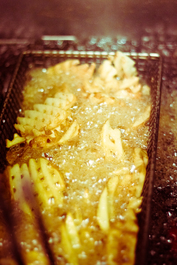 We are all cooking up a beautiful meals in our rooms- different according to each chef. Some of us struggle making healthy menus. Some of us have well balanced meals but struggle with plating it in an appetizing manner. We can't help minimize each others' weaknesses if we are busy blaming the cook for not being more like ourselves. Shout out to all of you - I admire you! I'm sorry I judged your cooking and I learned my lesson when you judged mine. -Lisa PS:All these examples are made up but this post was actuallly written at the request of a coworker who is feeling judged and unappreciated and like others don't see all they do- and they are right, we don't! Who is it? They told me not to say. Maybe it is the next person you see in the hallway. Pretend like it is. Related: More of me using food metaphors to discuss education: the State of Education in Cake. More of you being amazing - Celebrating Piedmont. Hello overworked tired teachers! (and also those few of you who are happy energetic and completely caught up): Kindergarten teacher Kory Graham (@tritonkory) taught me that October is when the groove begins and the craziness of the begining of the year finally slows down to a dull roar. If you are overwhelmed it will get better soon! Some of these links might even help that along: Last week I threw a lot of links out there at you so this week I have just rounded up a few highlights. Feel free to catch up on last week's links by scrolling through these 3 blog pages below: This week's Piedmont PD posts include a community PD offering this coming Tuesday to add to the last week's link to the new Discovery Place resource center for teachers! I also just heard Discovery Place is free on Saturdays for teachers so look into this! This week's lesson ideas page include a video playlist to help students develop growth mindset. One video of Austin's butterfly is a good way to make learning visible and in doing so reinforce growth mindset grit and effort in your students. (I can't believe I just said grit!) This week's Celebrating Piedmont blog includes Ms. Barone's trip to jail, inspiration to use your best teaching gifts from the encore team's example, and more. I am a big fan of using one's strengths as the way to minimize weaknesses and I believe it is the reason for Piedmont's success- we use people where they work best. If you aren't sure what your best teaching strengths are, here is a great link via Keely Shannon @keelybshannon on Twitter) that includes a quiz so you can find out. http://www.weareteachers.com/hot-topics/special-reports/teach-to-your-strengths Have a great weekend and remember you are amazing just as you are right now! You are changing the world every day with the smallest act of kindness you can show to anyone you meet. For example, you can smile at a child who's having a bad day and turn their entire day around, their entire attitude about school, and that will ripple out to everyone else that child encounters. Our jobs are amazingly important like that. (Thanks to Josh Gauthier @mrgfactoftheday for that reminder) Latest Piedmont PD News includes info on National Board Certification, Discovery Place's professional development offerings for teachers, new quick PD's on handy efficient tech tricks to save you time and storage space: like the quickest way to upload to Google Docs, how to convert and embed a powerpoint, How to make a QR CODE ,chromebook and computer troubleshooting info, etc Other Ed News from Around the Web:
Big Philosophical idea of the week:
Update: See this recent Edweek article by Alfie Kohn for one study pointing to why "grit" is misguided ! 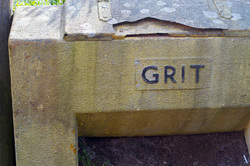 "It's not so much teaching kids to have grit as it is helping them discover what they're willing to be gritty about." Here in Charlotte, a group of citizens gather informally to discuss important issues. I was invited to attend their session of the topic of that dreaded buzzword "grit." What follows are my thoughts after the discussion, which I am publishing here to share the conversation and see if we can move our definition forward. I am not sure grit exists-- what we call grit is either talent, stupidity (ignorance of the odds) , selfishness, greed or endurance. Someone in the group discussion mentioned that the Nazis had grit. If you search the hashtag "grit" on Twitter, you see a lot of folks posting how strong they or someone else is at sports or academics but I think this is actually just cultivation of talent in many cases. Or talent + endurance in varying measures. Many folks in the roundtable (myself included) described issues of personal talent and endurance as grit. I think the personalization of the stories proves we all have grit, every one of us, in some areas. That explains the quotation that begins this post. Grit can be taught by example, but not by instruction. The gentleman next to me touched on that when he said we need to teach the tough stories in African American and Indian history. He reminded me of a study that found that telling children about the failures of great scientists and mathematicians caused kids to get higher scores than another group that was only taught about the accomplishments of those great achievers. Given the point above, teachers should not only teach the "tough stories" of their curriculum, but also model grit personally, be metacognitive out loud about how they move past setbacks daily as well as in "big life events"(childhood difficulties, academic roadblocks, personal and career challenges) I do this naturally because I am super open: I teach grit by making what is usually hidden visible. Some teachers are afraid to do this because they are afraid of being too human is a sign of weakness. Those teachers are necessary in education, too, because children see them as rocks and like knowing someone so protective, like knowing a superhero. Maybe we adults in children's lives can teach grit both ways, by being larger than life ("my dad never cried", "my mom worked 3 jobs to provide for us") and by being very lifelike ("that grownup looks so together but has overcome the same things I am struggling with so I guess I can rise above, too"). My husband, as an engineer, is really interested in finding precision in words. He came up with this definition of grit: " Grit is the ability (and willingness) to move past your comfort zone and remain there until you are comfortable." ...to start something and be awful at it (removing talent from the equation) and to endure until you have competence. Questions remain: is it smart to do this in all areas, would it not be more efficient to focus on a few areas and if so should that be decided by a parent a teacher the student him or her self or some larger social institution? I'd kind of like to work these words into the definition as well: "bodaciousness" (ignorance, passion) and "mad dog mean" (talent, driven, passionate) from an older gentleman who I was so happy was part of the conversation. What a force of history! I am interested in what people might say about grit in relation to the woman in this story. Is she weak? A failure? Entitled? Is there grit in this story? http://www.huffingtonpost.com/bridget-allen/my-value-autism-feminism_b_4297914.html Thanks for thinking about this with me. |
Search This Site:Search this site: Use a Google search, type the words you are looking for and append the phrase "piedmontpd.weebly" to the search.
AuthorLisa Gurthie is the PD facilitator at Piedmont IB Middle School. She specializes in tech and arts integration, interdisciplinary holistic education, and unschooling school to reconnect academia to real life. One day she will modernize her "about" page. She curates this blog for the professional development convenience of the teachers at Piedmont, but the editorial comments are her own. Categories
All
Archives
February 2018
|
Photos from bixentro, vernieman, charlie llewellin, jonseidman1988, The Daring Librarian, F@NCY N@NCY, tom@hk | 湯米tomhk, infomatique, Half Chinese, CERDEC, Leshaines123, OnTask, TheSeafarer, Pink Sherbet Photography, tracilawson, cogdogblog, fran.trudeau, John-Morgan, desertdutchman, JD Hancock, Leap Kye, stuartpilbrow, Jeff Kubina, Helga Weber, FloydFotography, stvcr, katerha, chefranden, escritorio47, Enokson, kevin dooley, opensourceway, theycallmebrant, Dougtone, wuestenigel, larry&flo, Fat Elvis Records, ninacoco, libertygrace0, Yuri Yu. Samoilov, basheertome, prettyinprint, goingslo, opensourceway, BeauGiles, marfis75, Ömer Ünlü, InterContinental Hong Kong, Mike Licht, NotionsCapital.com, cathyse97, Search Engine People Blog
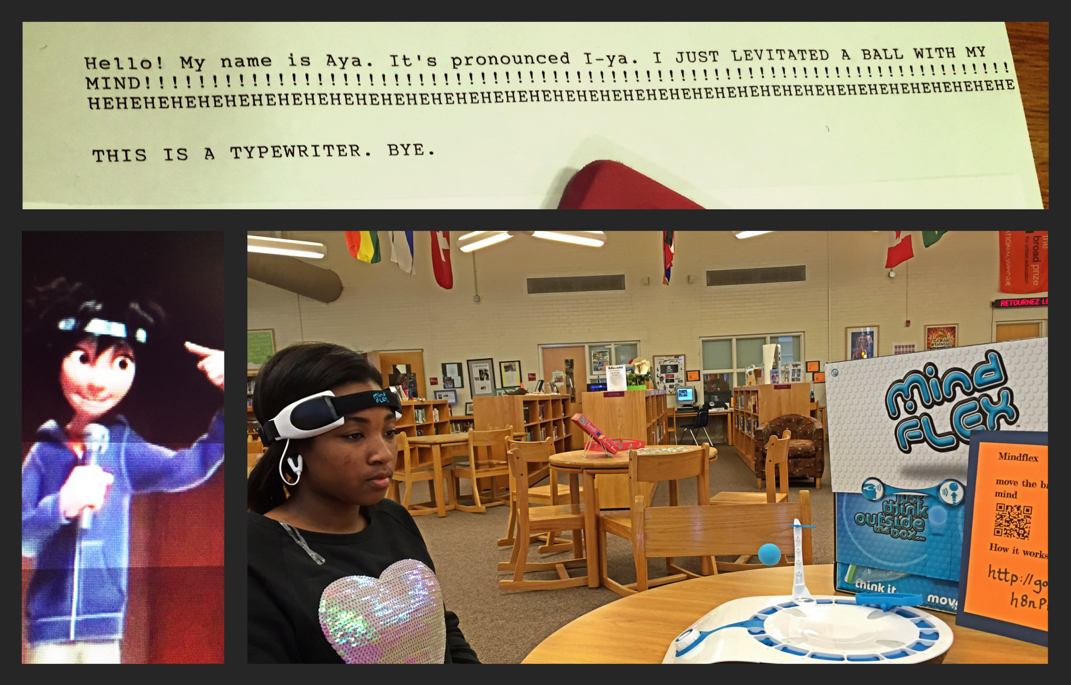
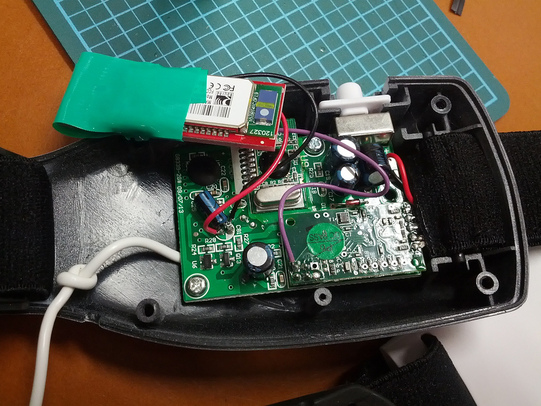
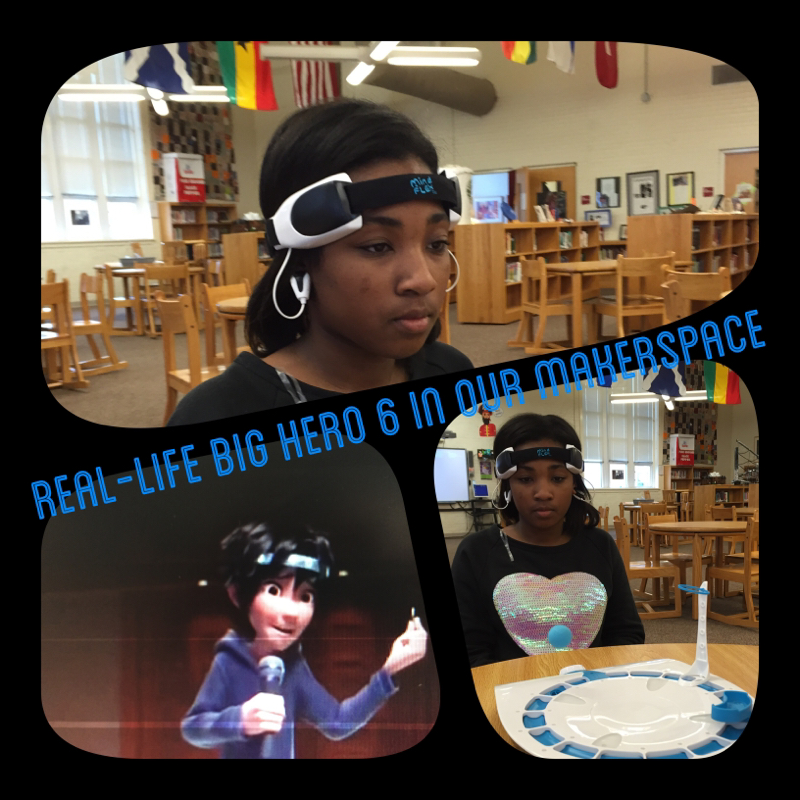
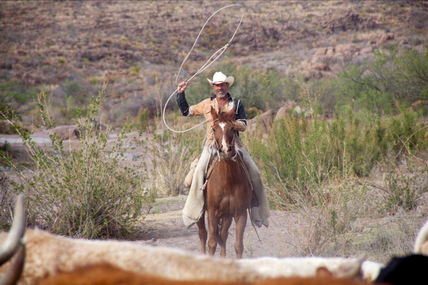
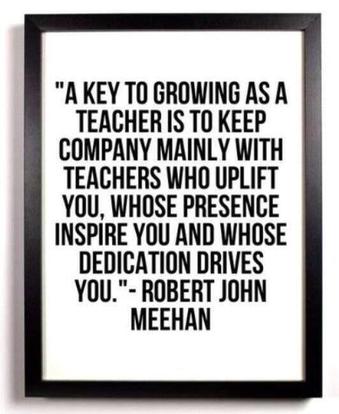
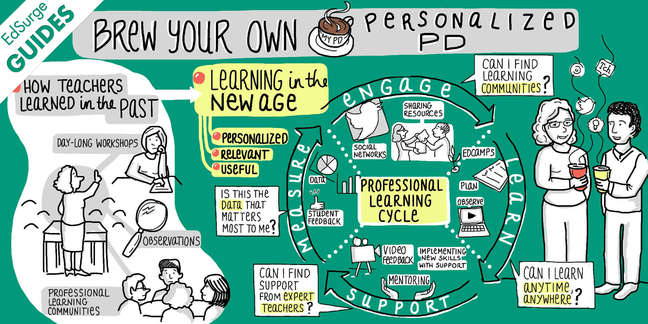
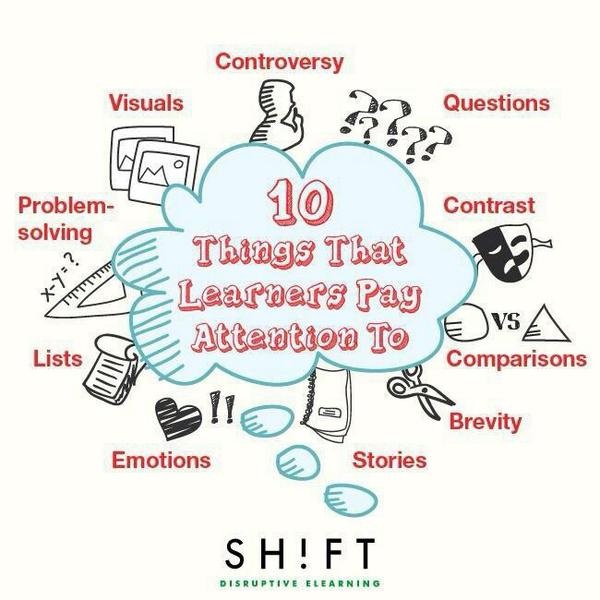
 RSS Feed
RSS Feed
